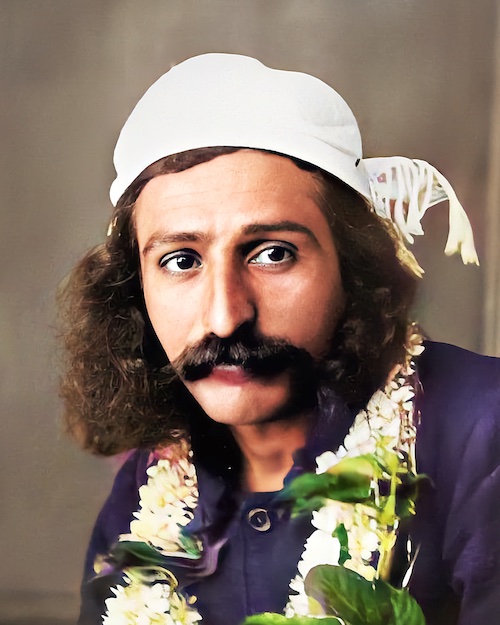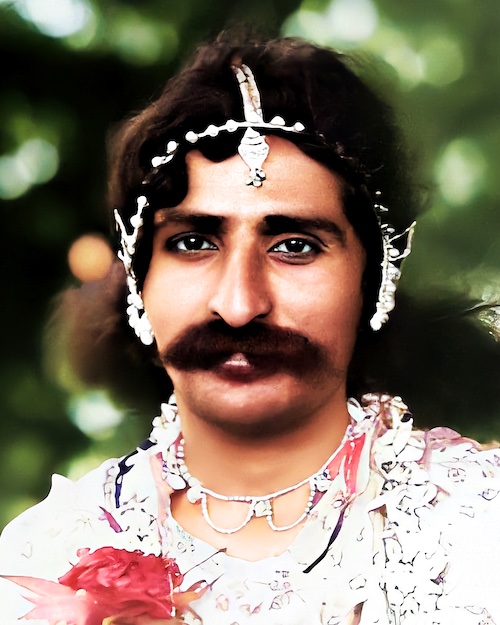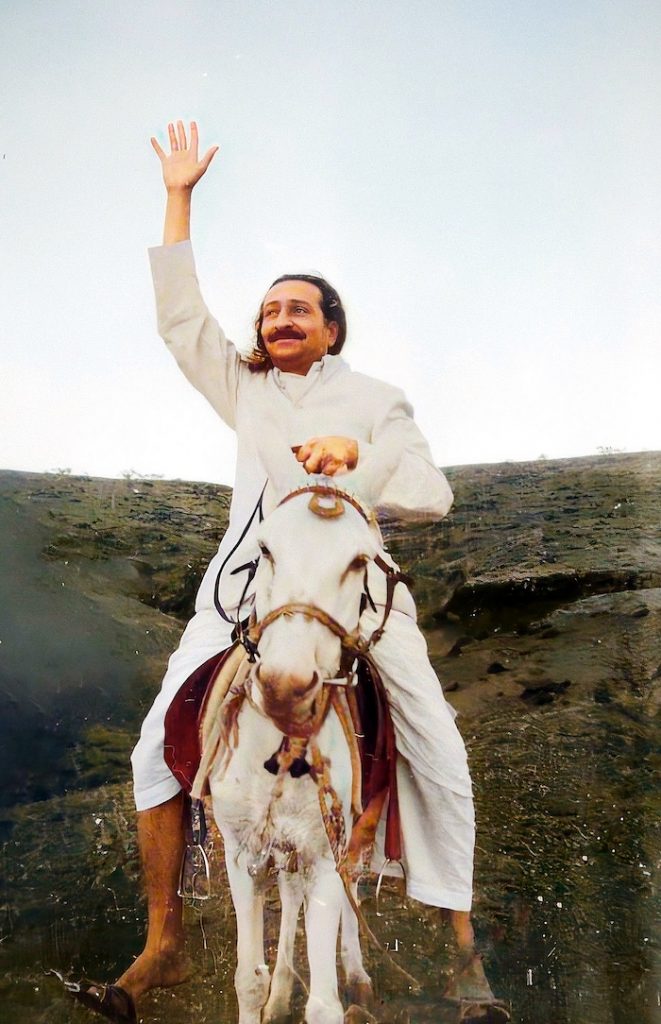Meher Baba has stated explicitly that he is the Ancient One, the Divine Incarnation or “God-Man” whose Advent has been anticipated in many of today’s religious and spiritual traditions. Most commonly, in India he is known as the “Avatar,” a Sanskrit word literally meaning “Descent of God.” Although the doctrines of some religions contend that such manifestations of God have occurred only once in history, through only one particular God-Man or another, the mystical teachings behind all the great religions of the world indicate that the appearance of the Avatar is far from a once-upon-a-time event. As a natural expression of Infinite Compassion and as an integral part of the Divine Plan, such Incarnations are the periodic revelations of God’s Love and Truth—the same One Reality—on earth. According to Meher Baba, these Avataric appearances unfailingly take place approximately every 700-1400 years, depending upon world circumstances and the spiritual needs of any given Age.



In this light, all the great Divine Personalities—Jesus, Buddha, Rama, Krishna, Mohammed and Zoroaster being among the best known—are regarded equally as Avatars: each has been the primary manifestation of God on earth for his respective era, living a perfect life of love and service to demonstrate anew the possibility of its attainment. However, much of the religions that were founded upon these Avataric appearances of God may differ as they stand today. Meher Baba holds that in each appearance the God-Man has always taught the same essential Truth:
God has come again and again in various Forms, has spoken again and again in different words and languages, the same One Truth… The outer life and habits of an Avatar reflect in some degree the habits and customs of the people of that time, and in his teachings he stresses the aspects that call for improvement. In essence, every Avatar embodies the same ideals of life.
Meher Baba’s message and his appeal extend to people of every background. His followers include Protestants, Catholics and Jews in the West, Hindus, Muslims, Zoroastrians and Buddhists in the East, and even many who have considered themselves agnostics or atheists. In a word, Baba and what he teaches are universal. Although he can certainly be understood within the context of every broad religious tradition, he is nevertheless clear in pointing out that he belongs exclusively to none of them.
l am the Eternal Ancient One whose past is worshipped and remembered; whose present is ignored and forgotten; and whose future (Advent) is always anticipated with great fervor and longing.
